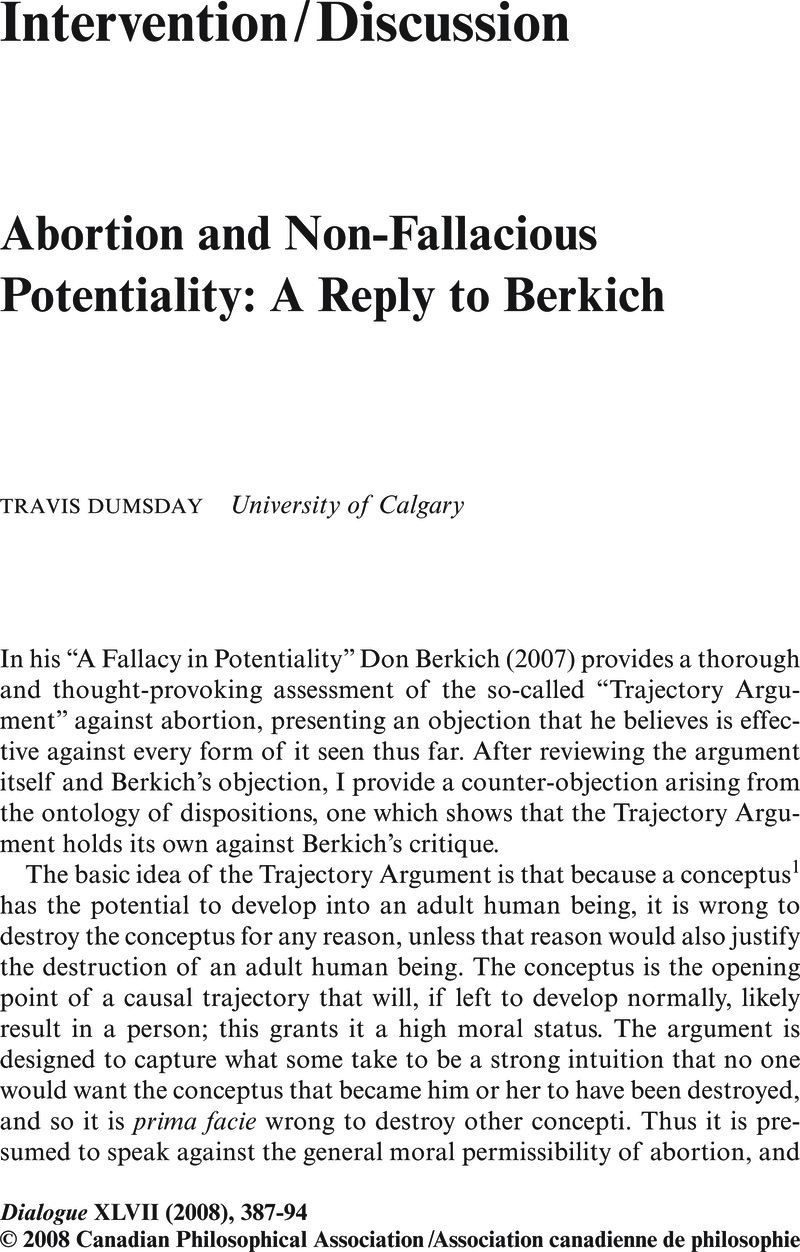Crossref Citations
This article has been cited by the following publications. This list is generated based on data provided by Crossref.
Propson, Daniel
2013.
“You Ain’t a Person, and We’ll Keep It That Way”: A Reply to Berkich.
Dialogue,
Vol. 51,
Issue. 4,
p.
563.



